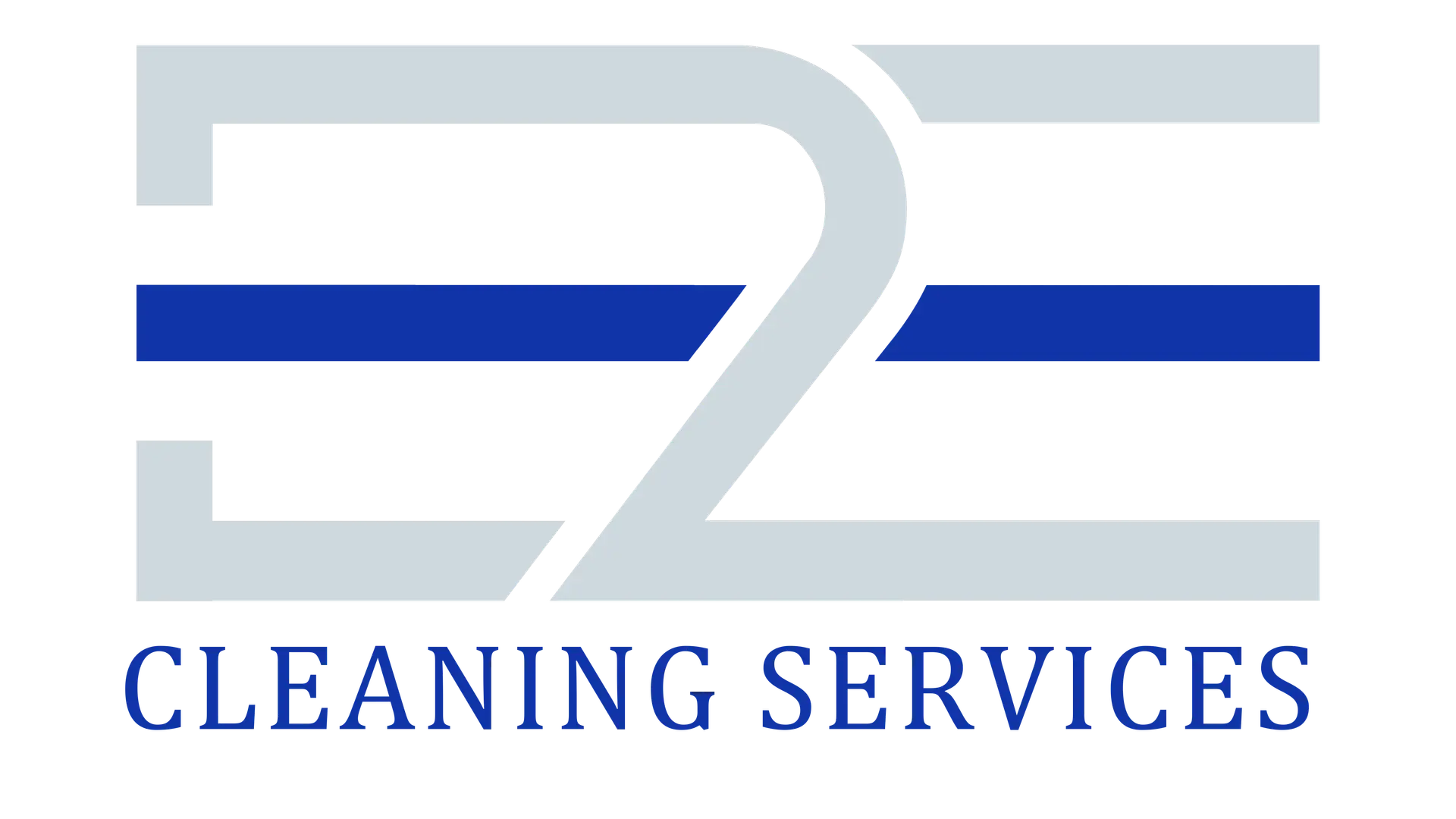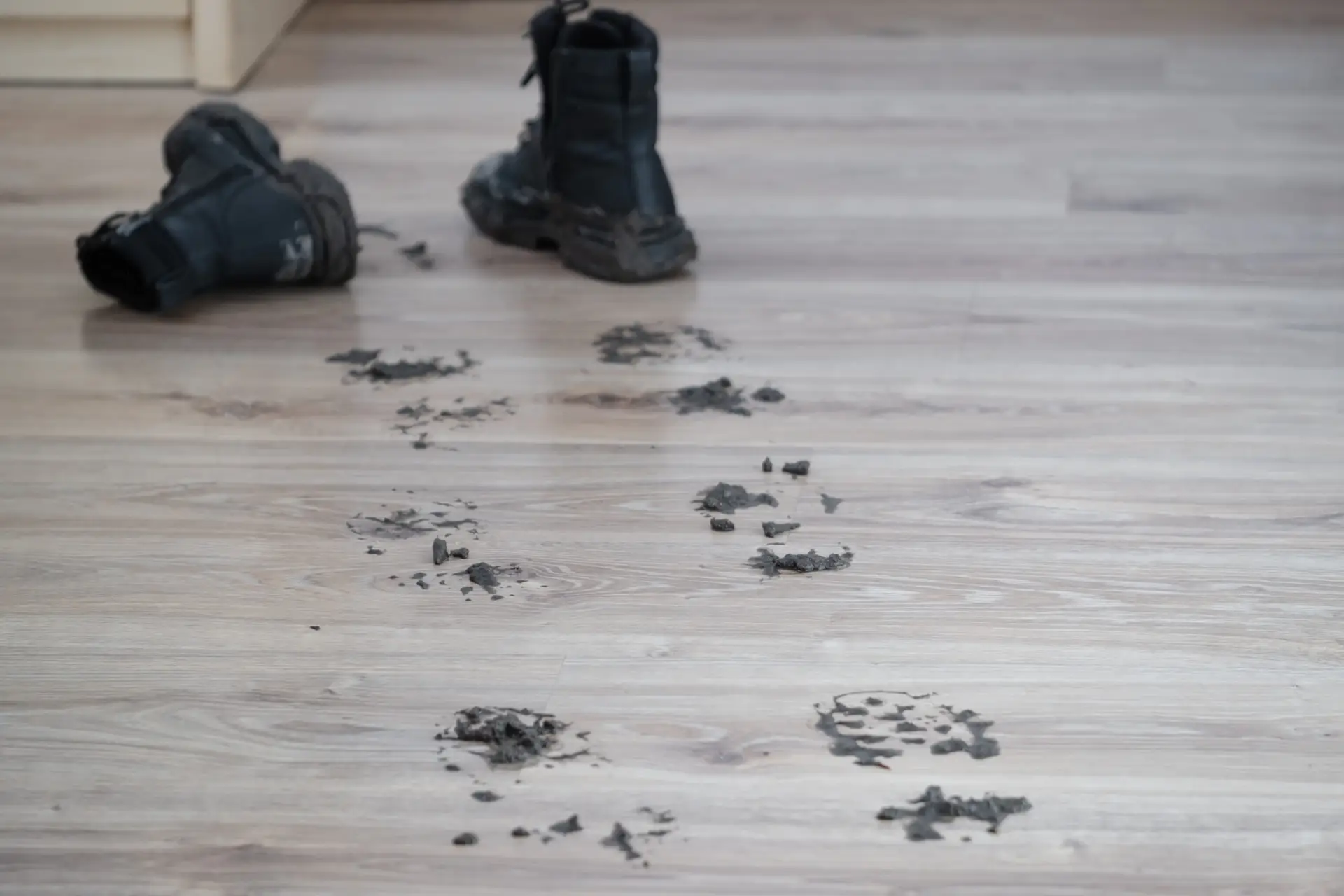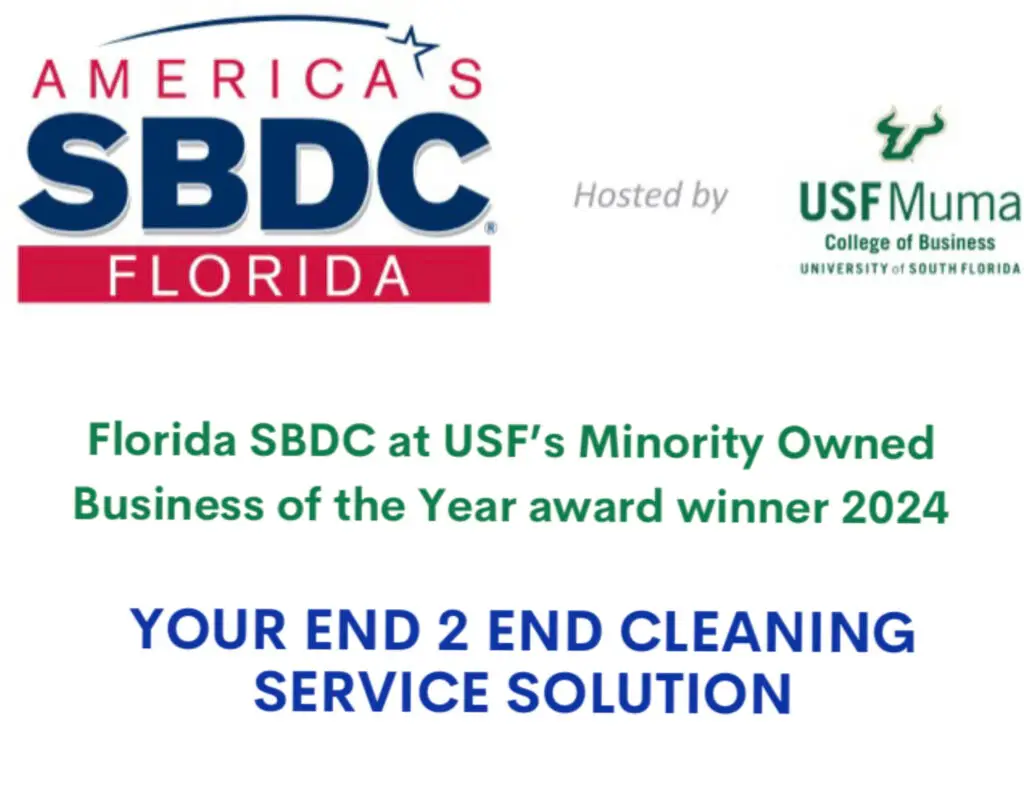Flooring in the commercial facility landscape is always changing, and it is a key component to functionality, aesthetics and safety. Flooring material and industry standards are important in high traffic corporate offices, sterile healthcare environments and busy retail spaces.
This in depth guide covers flooring standards and offers important information for facility managers, business owners, cleaning service providers, and property management companies in Florida, especially in the Tampa area.
Flooring standards involve many things such as durability, ease of maintenance, slip resistance, and compliance to local regulations.
Find out what we can do for your floors. Click Here
Knowing the unique nature of different flooring types, from hardwood and ceramic tile to laminate, luxury vinyl tile (LVT), porcelain tile and natural stone will enable stakeholders to take informed decisions that fit the specific needs. In this guide, we look at cleaning protocols, sustainability practices, and cost saving strategies to guarantee your commercial spaces not only meet but exceed industry standards.
Section 1: Unique Considerations of Flooring Types
Commercial flooring has many choices, and while they all have their advantages and variables to consider. Essential to realizing optimal performance, longevity, and standards conformance, is a thorough understanding of the nuances of these materials.
Hardwood Flooring
Hardwood Flooring will give your business timeless and elegant warmth with sophistication. Solid hardwood and engineered hardwood variants are suitable for different climate conditions, and the engineered hardwood variant is more stable. Hardwood flooring, which, despite being more work to care for, are becoming a well liked alternative for lavish business offices and hospitality housing for their natural allure and endurance.
Ceramic Tile
Ceramic tile is highly recommended for high trafficked areas because of its durability, water resistance and easy maintenance. With so many colors and patterns available, you can use ceramic tile throughout the lobbies and corridors, in the bathrooms and kitchen for seamless integration in your chosen aesthetic. Its non porous surface is stain and moisture resistant ensuring a hygienic environment.
Laminate Flooring: Laminate flooring is affordable and practical, and it is a cost effective way to mimic the look of wood, stone or tile. Synthetically constructed, this fabric is stain resistant and scratch resistant and is ideally suited for use in commercial areas with high traffic footfall. But laminate flooring may need to be cleaned in a certain way to keep it looking as good as new.
Luxury Vinyl Tile (LVT)
LVT is the best of both worlds, it mimics so many materials but is also extremely durable and water resistant. It is an attractive choice in health care facilities, retail stores and educational institutions due to its resilient surface and easy maintenance. LVT is an excellent solution when needing a solid, stain and moisture resistant floor that can stand up to heavy traffic.
Porcelain Tile
Porcelain tile is renowned for its density and durability, making it a much sought after choice for flooring in commercial spaces where amazing wear resistance is demanded. Its non porous surface repels moisture, stains and scratches and is perfect for high traffic areas. In addition, porcelain tile comes in a broad selection of design options, making it easy to match up with any interior style.
Natural Stone
Natural stone flooring like marble, granite, slate and other stone materials provide the room with a unique type of floor. Stone is known to make for a luxury touch and timeless elegance. These materials are prone to requiring regular sealing and maintenance, yet can add an element of thermal grandeur in corporate lobbies, hospitality venues and upscale retail environments. They are durable and slip resistant, as long as they are maintained.
In choosing flooring for commercial spaces, the foot traffic, exposure to moisture, aesthetical vision should be taken into account. The understanding of unique features each flooring type possesses assists facility managers and decision makers to achieve the best possible performance lifespan and standards in industry.
Section 2: Cleaning Protocols and Maintenance Practices
Commercial flooring is essential to have its integrity and appearances intact it is important to maintain certain cleaning and maintenance practices. Following industry approved protocols not only improves the over all aesthetics but also contributes to the safety and welfare of occupants and visitors.
Daily Cleaning Routines
The first line of defense against dirt and debris accumulation is with regular sweeping or vacuuming. It is important to act quickly if a spill or stain occurs, as damage will almost certainly be permanent if left untreated, eradicating your floor finish. Appropriate cleaning solutions should be mopped over, with care taken for the type of flooring material as well as following the manufacturer’s directions.
Deep Cleaning Procedures
For areas of high traffic, such as entrance lobbies, corridors, and retail spaces, periodic deep cleaning using environmentally friendly products is needed to remove dirt and grime, and such as allergens that penetrate into the surface. The process of stripping and re‐waxing or sealing the floor, returns the surface to its original shine and keeps wear and tear from occurring again. It’s extremely important to choose the proper cleaning solutions and method to prevent harm to the flooring material.
General Guidelines for Effective Cleaning:
- Stay away from rough or harsh chemicals or abrasive cleaning agents that may damage or scratch the floor’s surface.
- Hard floor surfaces should be completely dried after cleaning or else you risk water damage or a slippery floor.
- One tip is to put floor mats or rugs at your entrances, to catch dirt and moisture and stop debris from entering the living room and the rest of the flooring.
- A regular maintenance schedule directed at the specific flooring type, and the traffic patterns in each room can be implemented.
- Deep cleaning and professional upkeep responsibilities would be better left to the professionals and experienced cleaning services.
If facility managers follow these cleaning protocols and maintenance practices, they can prolong the service life of flooring investments, decrease replacement expense and create a secure and pleasing appearance in a facility for all inhabitants and people who visit.
Section 3: Regulations and Safety Standards
Compliance with regulations and safety standards is of prime importance in the commercial flooring world. To maintain the well being of occupants and visitors and to mitigate potential liabilities, facility managers and cleaning service providers must be aware of local, state and federal guidelines.
Florida Regulations
Florida requires the use of slip resistant flooring materials in commercial kitchens for their safety as well as hygienic purposes. These materials must meet prescribed standards allowing sufficient traction and ease of cleaning to prevent accidents and cross contamination.
OSHA Standards
The Occupational Safety and Health Administration (OSHA) does not have a standard for the Coefficient of Friction (CoF) of flooring, but does require employers to provide workplace floors that are stable, firm, and slip resistant.
Finally, the importance given herein shows the necessity of choosing the right flooring material since it is part of the access to and from the workplace and the necessity to use appropriate cleaning and maintenance practices.
Industry Best Practices
Compliance with regulations is hardly the only reason to follow industry best practices in pursuit of a safe, efficient commercial environment. This includes following manufacturer guidance for cleaning and maintenance, performing regular inspections to identify hazards, and taking preventive measures like installing slip resistant floor treatments and clearly posted signs.
Well informed and active in their regulation and safety standards approach, facility managers and cleaning service providers maintain a safe, compliant space for the clients, employees and visitors.
Section 4: Sustainability and Cost-Saving Strategies
The commercial cleaning industry is currently in an environmentally conscious climate where sustainability and cost saving strategies are of the utmost importance. Eco friendly practices and efficient maintenance routines can be adopted by businesses for their benefit of environmental impact reduction along with realizing huge cost savings over a period of time.
Sustainable Practices:
- Use environmentally friendly/clean/cleansing cleaning products that are biodegradable and contain no harsh chemicals.
- Practice green cleaning protocols which save water, energy.
- Proper maintenance extends the lifespan of flooring, thereby reducing waste that accrues with too many floor replacements.
- Use recycled or renewable materials for the floor – bamboo or cork, for example – for a sustainable alternative to the usual.
Cost-Effective Solutions:
- Acquire high quality cleaning equipment and materials and cost effective, yet long lasting, resulting in future cost savings.
- Make a preventive maintenance program to deal with minor problems before they become major repays or replacements.
- Use professional cleaning services that use industry approved techniques and specialized equipment for the best results and longest lasting flooring.
- Train staff and occupants in proper floor care in order to reduce incidents of unintentional damage and extend the calendar for a major intervention.
Commercial facilities can help create a greener environment as well as save money over time by adopting sustainability and cost saving strategies. Aligning with modern business practice, this is a holistic approach, and one which displays energy stewardship and responsible resource stewardship.
Section 5: Flooring Installation and Recent Developments
This guide concentrates mostly on flooring maintenance and standards, but it is important to recognize the significance of correct installation and to be aware of the latest developments in the industry.
Flooring Installation Considerations
The quality of installation plays a large role in the longevity and performance of commercial flooring. To give a seamless and long lasting result flooring installers should follow building codes, manufacturer guidelines and industry best practices. The success or failure of the installation is dependent upon subfloor prep, moisture barriers, and adhesion.
Recent Developments in Florida
Thanks to the legal situation in Florida, you no longer need a flooring installation license by July 1, 2024. While still no longer responsible for obtaining a license, flooring installers must still be registered at Sunbiz, carry general liability and workers’ compensation insurance and comply with building codes and regulations in the area where they work. The goal of this change is to simplify the industry and maintain safety and quality standards.
With the knowledge of industry developments and working with reputable flooring installation professionals, facility managers and business owners can protect their flooring investments from the get go and lay the foundation for efficient maintenance and industry standards abidance throughout the flooring’s lifespan.
Conclusion
Flooring standards are critical in the dynamic world of commercial facilities, where flooring needs to be functional, safe and aesthetically pleasing. Applying knowledge of the specific traits of numerous floor covering materials, using appropriate cleaning and maintenance procedures, complying with rules and necessity standards, living up to developing standards of sustainability, and being tuned in to latest industry happenings, stakeholders can set up surroundings that reach and surpass industry standard benchmarks.
This comprehensive guide on flooring standards has given insight to the facility managers, business owners, cleaning service providers and property management companies on what to look for when making decisions. Each flooring type offers unique opportunities and considerations from hardwood and ceramic tile to laminate, luxury vinyl tile (LVT), porcelain tile and natural stone.
Prioritizing adherence to industry standards is a priority for industries as it ensures the longevity of their flooring investments, maintains a safe, healthy environment for people, creates lower costs and enhances environmental sustainability. As a result, this is a comprehensive flooring standard that cultivates a harmonizing equilibrium among performance, appearance and judicious use of resources, propelling the commercial cleaning industry up a notch in standards of excellence.









